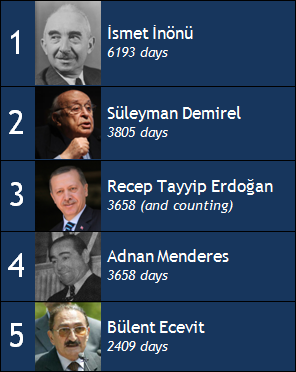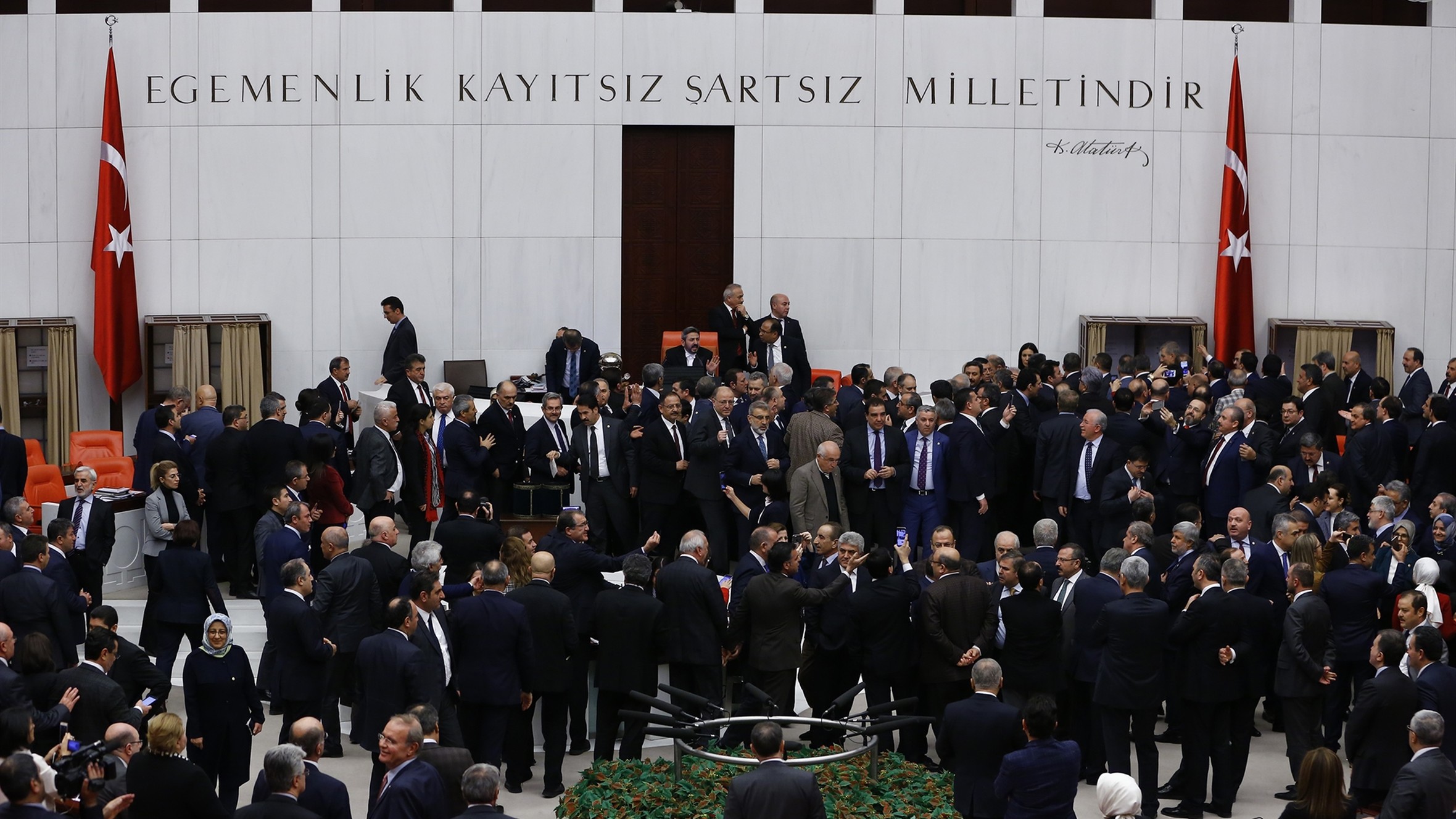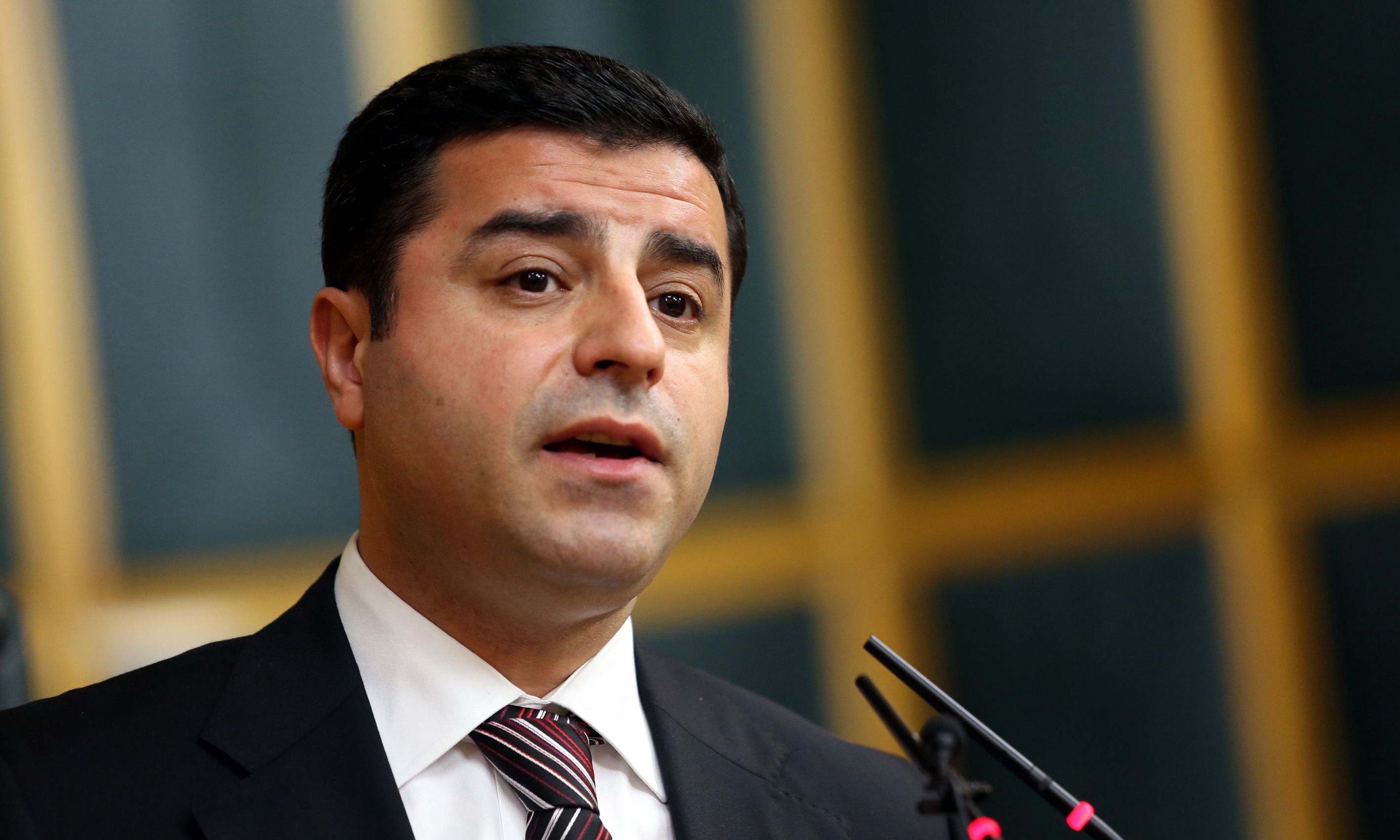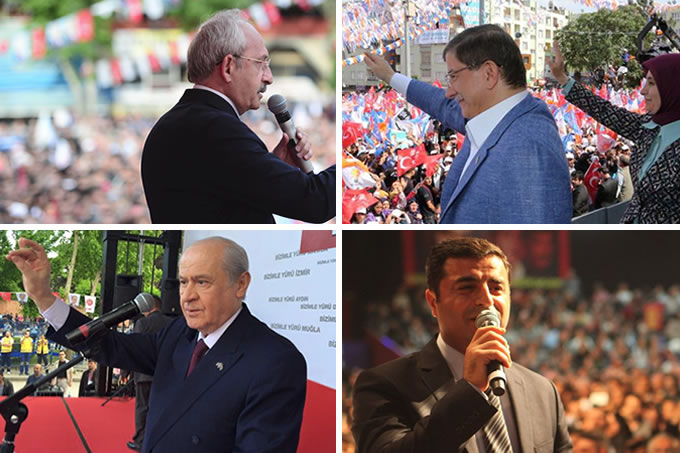Turkey’s new internet law is a disgrace and should be scrapped – but will the president actually do it?
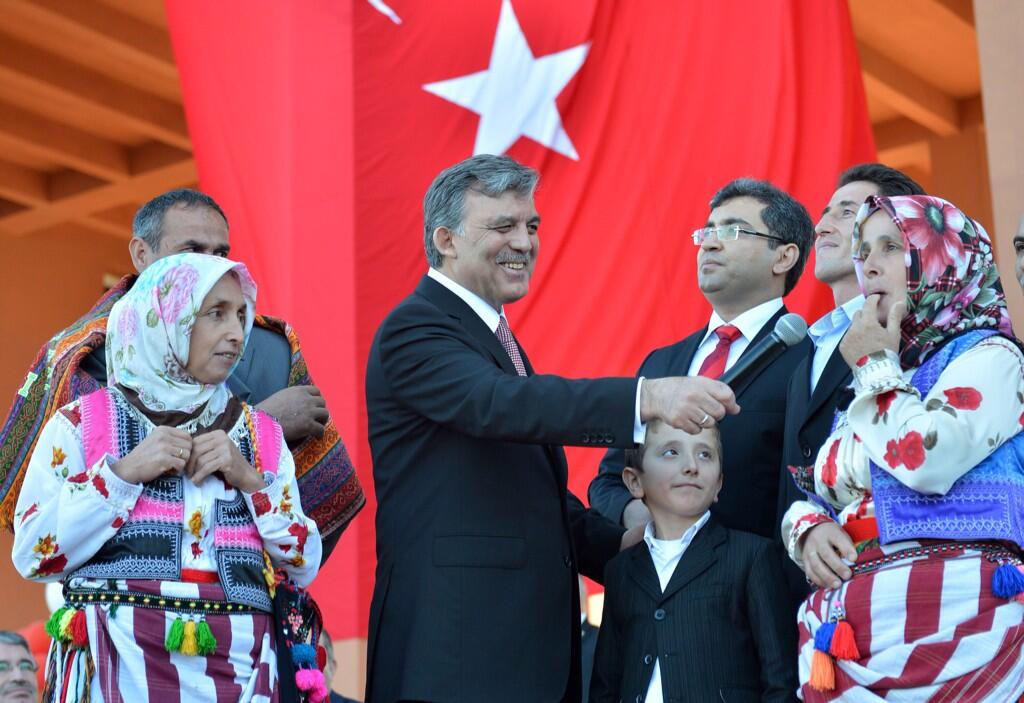
Websites are blocked routinely in Turkey. All Turkish internet users are familiar with the court-mandated bilingual message announcing access to the website they wanted to see has been restricted.
The new law makes things even worse. Pushed through parliament on Wednesday, it will allow the state-run Telecommunications Authority (TIB) to order offending web pages shut within four hours. There would be no need for TIB to seek a court ruling first; the victims, however, would need to go through the courts to unblock their sites.
And that’s not all. The law requires internet service providers to collect all internet traffic data for two years. That’s every website you’ve looked at on your phone and every page your guests clicked through when they came to stay at your place.
One aspect that will make the law easier for some to digest – or, at least, ignore – is that it will now be possible for the authorities to ban single web pages, rather than a whole website. This means YouTube won’t clumsily be blocked again in its entirety because of a video proclaiming Atatürk was a homosexual Jewish Communist with close ties to the Nazi party.
Removing any legal process from website blocking is a clear injustice and there has been plenty of international coverage. It’s also drawn condemnation from Human Rights Watch, which raised “concerns that the law extends the possibilities for government censorship”. It called on Turkish president Abdullah Gül to veto the law.
Turkey: Gul Should Veto New Internet Rules http://t.co/RV7TjTOifI
— Human Rights Watch (@hrw) February 6, 2014
The power to veto
Pedantic followers of Turkish constitutional matters will tell you Mr Gül does not wield a “veto” – that is to say, he has no power to unilaterally scrap laws passed by parliament. But the president does have the power to send any such law back to parliament to be reviewed. If parliament passes the same law for a second time, an uncooperative president’s only options are to refer it to the Constitutional Court or call a referendum. It’s a veto in all but name.
The last president, Ahmet Necdet Sezer, was an unashamed opponent of the AK Party and vetoed 73 laws during his term in office – more than any other Turkish president. Mr Gül, a former member of that government, is far less trigger-happy, having vetoed just three since 2011. One of those was a law that would have brought forward next month’s local election to autumn 2013.
There is much internet chatter on the back of Human Rights Watch’s veto call that Mr Gül may make the internet law his fourth veto. There is no doubt that external pressure – including that from the EU – will add to his thinking, but the real influence on his position will be his looming domestic battle with the prime minister, Recep Tayyip Erdoğan.
Mr Erdoğan’s ambitions to succeed Mr Gül are Turkey’s worst-kept secret. If he wants the role, his AK Party will nominate him for it. But the ambitions of Mr Gül, who through a quirk of constitutional law can run for another five year term, are more opaque. Opinion polls indicate a Gül candidacy would draw support not just from AK Party voters but from opposition supporters.
Will he run?
And Mr Gül has been no AK Party puppet as president. When Mr Erdoğan reshuffled his cabinet to remove ministers whose sons were implicated in the ongoing corruption and bribery scandal, Mr Gül was instrumental in ensuring EU Affairs minister Egemen Bağış was sacked too. Mr Bağış was not directly charges but widely rumoured to be involved.
The Turkish press also made much of a tweet by Mr Gül during a visit last week to Rome.
Şehrin yüzlerce yıllık ihtişamlı binaları, meydanları, sokakları öyle korunmuş ki ne bir gökdelen ne de bir AVM var. pic.twitter.com/6lzTTRu2sh
— Abdullah Gül (@cbabdullahgul) February 1, 2014
“The city’s glorious centuries-old buildings, squares and streets have been so well preserved,” he wrote. “There are no skyscrapers nor any shopping centres.” That was widely interpreted as a slight at the business-friendly AK government’s intensive construction projects.
We always knew that, if Mr Gül wanted to keep the presidency, he would have to face Mr Erdoğan at some point before the election in August. We assumed that this would happen after next month’s local elections. But the rift between the prime minister and the influential Gülen movement has upset everything in Turkey – who’s to say Mr Gül won’t throw down the gauntlet by vetoing this new internet law?






